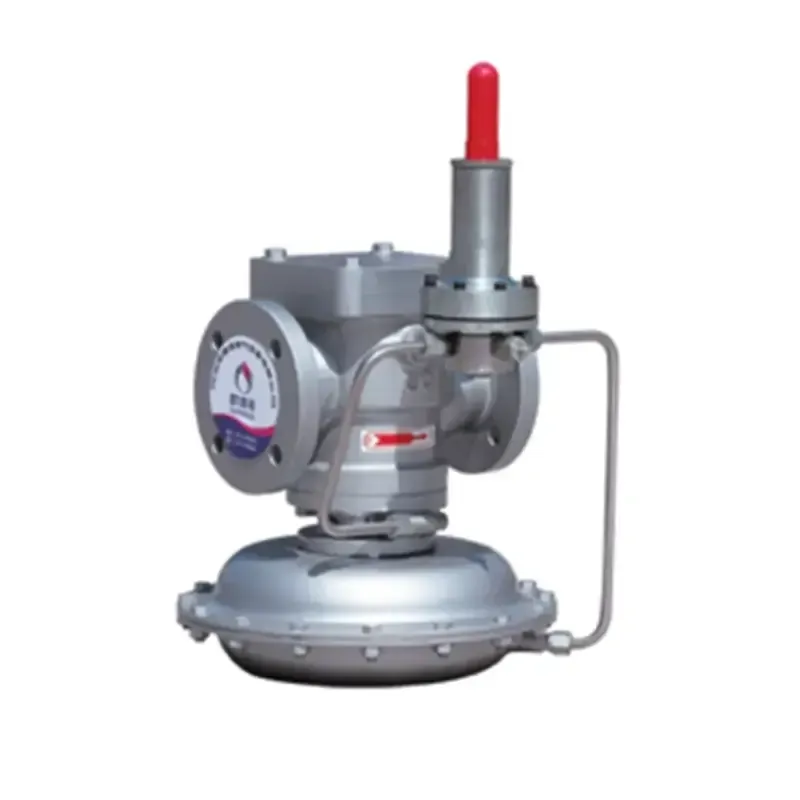
12 月 . 09, 2024 17:54
Back to list
gas metering
Understanding Gas Metering An Essential Component of Energy Management
Gas metering is a crucial aspect of energy management and distribution. As natural gas becomes an increasingly popular energy source due to its efficiency and lower environmental impact compared to other fossil fuels, understanding how gas metering works is essential for consumers, utility companies, and regulators alike.
What is Gas Metering?
Gas metering refers to the process of measuring the flow of natural gas through pipelines to consumers. This process is vital for billing, monitoring usage, and ensuring the safe distribution of gas. Gas meters are sophisticated devices that calculate the volume of gas passed through a specific point over time, providing an accurate account of consumption.
Types of Gas Meters
There are several types of gas meters commonly used in residential and commercial settings
1. Diaphragm Meters These are the most widely used meters for residential applications. They operate using flexible diaphragms that expand and contract in response to gas flow, allowing for precise measurement of volume.
2. Rotary Meters Often used in commercial and industrial settings, rotary meters have rotating lobes that measure the flow of gas. They are known for their accuracy and ability to handle larger volumes of gas.
3. Turbine Meters These meters measure gas flow using a turbine that spins as gas passes through. The speed of rotation correlates directly with the flow rate, making them suitable for high-usage consumers.
4. Ultrasonic Meters Utilizing sound waves, ultrasonic meters measure the time it takes for sound to travel between sensors in the meter. This technology allows for highly accurate measurements and is becoming increasingly popular in both industrial and utility-scale applications.
5. Smart Meters A modern development in gas metering, smart meters use digital technology to provide real-time data on gas consumption. They can transmit data wirelessly to utility companies, enabling more efficient billing and monitoring.
gas metering

Importance of Gas Metering
1. Accurate Billing Gas metering ensures that consumers are billed accurately based on their actual consumption. This fosters accountability and helps businesses manage their energy costs effectively.
2. Resource Management Accurate metering helps utility companies manage supplies and demand. By understanding consumption patterns, they can predict future needs, optimize resource allocation, and reduce waste.
3. Safety Gas meters are equipped with safety features that help detect leaks or abnormal flow rates. This is critical for preventing hazardous situations and ensuring the safe distribution of gas.
4. Environmental Impact With the push for carbon reduction and sustainability, accurate gas metering can help identify inefficiencies and promote the use of cleaner energy alternatives. It allows for better integration of renewable energy sources into the gas supply network.
The Future of Gas Metering
As technology advances, the future of gas metering looks promising. Smart metering systems are becoming more prevalent, offering households and businesses real-time access to their energy consumption data. This not only empowers consumers to better manage their usage but also helps utility companies respond more rapidly to system demands.
The integration of artificial intelligence and machine learning into gas metering systems is also on the rise. These technologies can enhance predictive analytics, allowing utilities to forecast demand more accurately and optimize their operations.
Global energy policies are shifting towards sustainability, and gas metering will play a pivotal role in this transition. As the energy landscape evolves, metering systems will need to adapt to incorporate renewable energy sources and smart grid technologies.
Conclusion
Gas metering is an indispensable part of the modern energy landscape. Its importance extends beyond mere billing; it encompasses safety, resource management, and environmental stewardship. As technological advancements continue to reshape utility practices, understanding and improving gas metering will be essential for consumers and providers alike. Embracing these changes will lead to more efficient energy use and a more sustainable future.
Next:
Latest news
-
Unlocking The Quality Gas Pressure ReducersNewsNov.01,2024
-
The Role of Gas Pressure Reducing StationsNewsNov.01,2024
-
The Importance and Functionality of Safety Relief ValvesNewsNov.01,2024
-
The Essential Role of Safety Valves in Natural Gas ApplicationsNewsNov.01,2024
-
The Essential Role of Gas Pressure RegulatorsNewsNov.01,2024
-
Enhance Your Premium Gas FiltersNewsNov.01,2024

